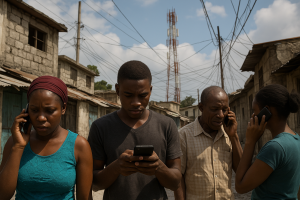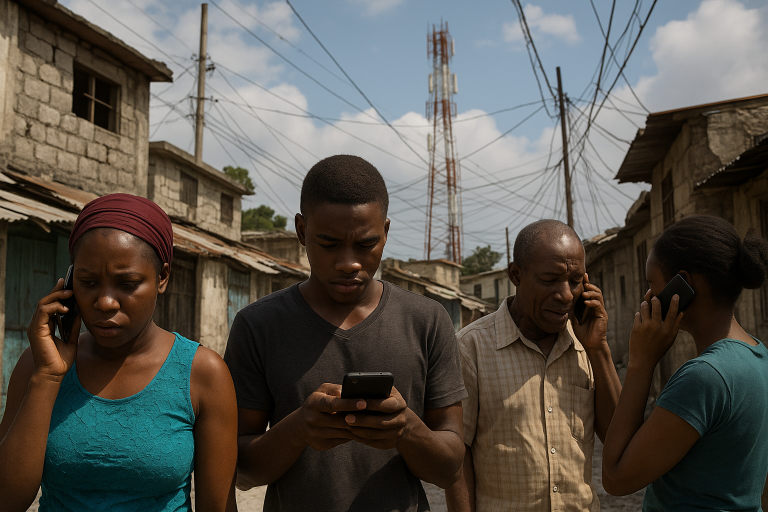Is it possible for the pearl of the Antilles to once again shine amidst the turbulences of encroaching insecurity and unrest? This question, which resonates deeply with both the people of Haiti and those watching from abroad, lays the groundwork for an exploration into the intricate mosaic that makes up the island’s current safety and legal landscape. As we peel back the layers of Haiti’s complex socio-political tapestry, we promise to offer not just a panorama of the challenges at hand, but also a nuanced understanding of the delicate balance of law and order that is essential for the nation’s resurgence. By reading this blog post, you’ll come away with a profound appreciation of the trade-offs, challenges, and critical importance of informed, empathetic policy-making in heralding a safer, more stable Haiti.
Safety in Haiti: How Everything Comes Down to Law and Order
Once celebrated for its vibrant culture and rich history, Haiti now finds itself grappling with a volatile environment where law and order have become the linchpins of public safety. Despite Haiti’s enduring spirit, the instability threatens the nation’s fabric, calling for a critical analysis of the complex factors influencing security.
Haiti’s Historical Context and Current Challenges
The roots of Haiti’s safety issues are deeply embedded in its past. From the triumph of its slave rebellion over colonial France to its current political turmoil, Haiti has always faced monumental challenges. Today, the country finds itself at a crossroads where safety is compromised by political instability, weak law enforcement, and the overwhelming influence of armed gangs.
The quest to balance authority and Liberty under such dire circumstances is an ongoing struggle. Gang violence is rampant, law enforcement efforts are often undermined by a lack of resources and, corruption within the judicial system exacerbates public distrust.
Compounding Factors and Their Trade-offs
To truly comprehend the safety situation in Haiti, one must consider the trade-offs involved in balancing the upkeep of civil liberties with the need for effective policing. Stringent law enforcement could rein in criminal activities, yet it might also curtail freedoms if not checked by accountability mechanisms. The restoration of order might necessitate heavy-handed approaches in the short term, raising ethical and human rights concerns.
International Perspective and Responsibility
The international community’s role cannot be overlooked. Foreign aid and intervention have played significant parts in Haiti’s affairs, for better or worse. The tradeoff here is sovereignty against the support necessary for stability. The implications of international policies and the accountability for their impacts on Haiti’s security landscape are under continuous scrutiny.
Cultural and Societal Impact
Safety in Haiti is not merely a matter of laws and their enforcement—it extends into the fabric of the society and culture. Community-oriented approaches and public engagement in safety initiatives present the promise of a more inclusive solution but come with challenges in implementation and maintenance.
The Way Forward
Understanding the impact on the people when making decisions about safety in Haiti is paramount. As we delve further into this topic, the article aims to provide an informative and objective analysis—highlighting that the ultimate goal is not merely the imposition of order, but the nurturing of a society where every citizen can thrive.
We look towards Haiti’s future with a resolve to dissect and discuss the pathway to a safer nation, one where the law is both protector and servant to its people. Join us in this journey, as we unravel the complexities and advocate for a Haiti where the light of progress outshines the shadows of uncertainty.












Add a comment